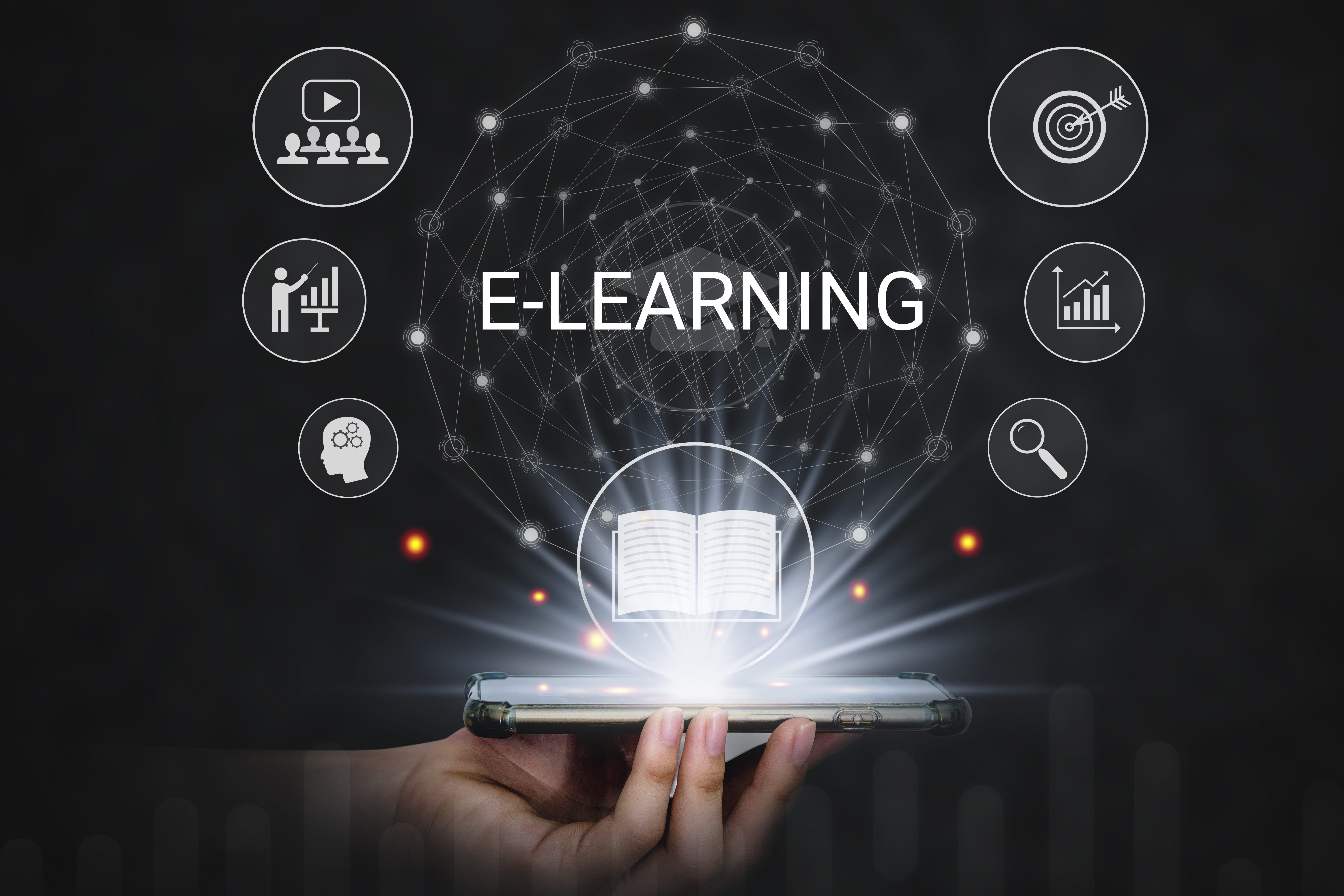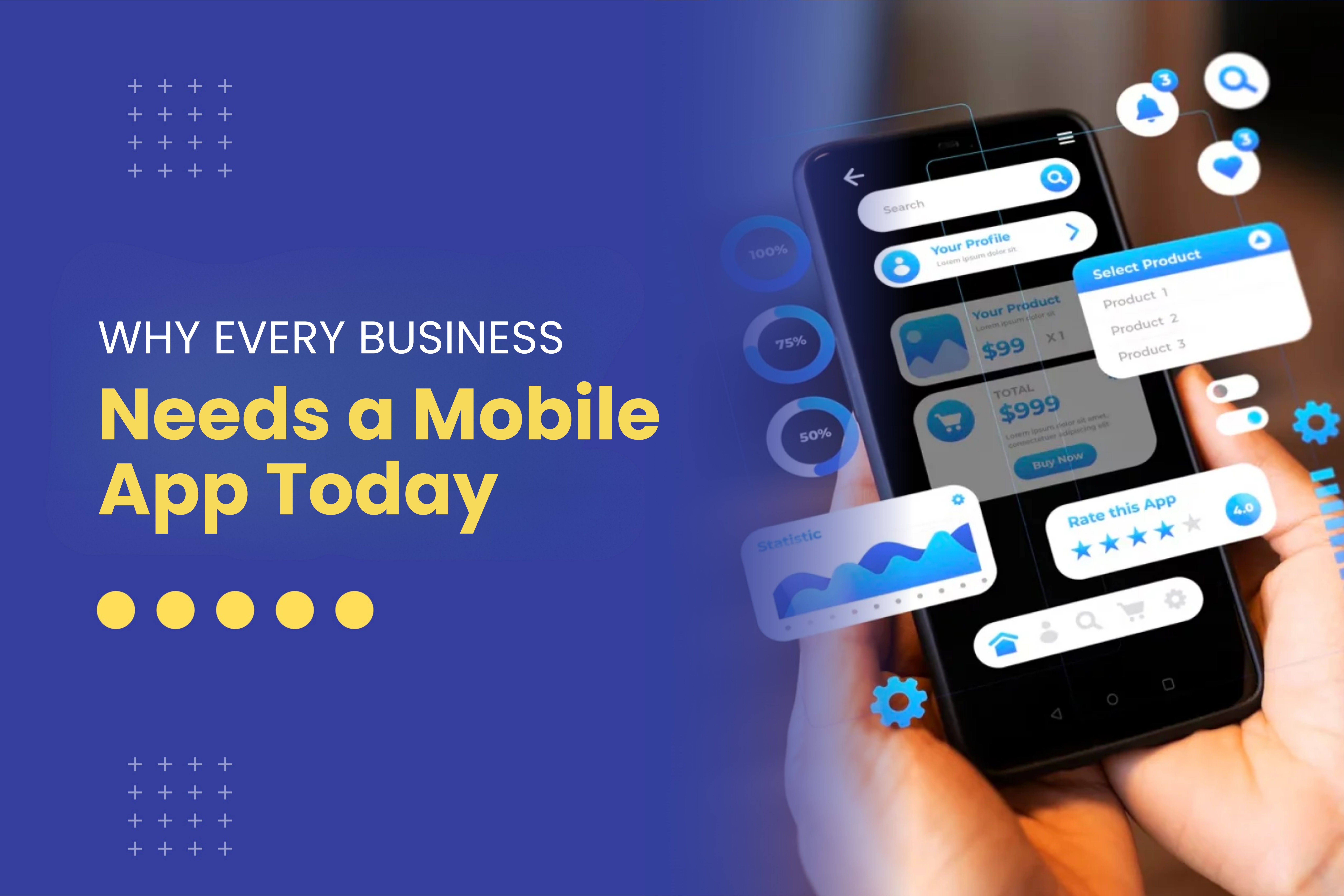LMS vs LCMS
Sat, 11 Dec 2021
Learning management systems (LMS), which are currently
used by 84% of organizations, are the dominant technology in the eLearning
market. Companies tend to expand their eLearning environment beyond a
traditional LMS as they strive to address diverse learning needs more
effectively. 37 percent of businesses plan to invest in learning content
authoring tools by 2021. There is a growing demand for solutions that enable
personalized content creation, with 56 percent of companies preferring not to outsource
custom learning content development. In contrast to a learning management
system (LMS), which is typically not used for content authoring, a learning
content management system (LCMS) offers extensive content development
capabilities. Despite some similarities in functionality, LCMS and LMS differ
in their primary purpose and key features.
LMS
A learning management system (LMS) is a web-based
eLearning solution that allows for scalable personalized education for
corporate and academic learners. It offers organizations a comprehensive set of
tools for automated learning administration and delivery, learning content
management, and learning assessment. While LMSs provide basic embedded content
authoring capabilities, they are not typically used to create learning content.
Core features
· Multiple
learning styles, including web-based, offline, social, and blended learning,
are supported.
·
Course
assignment and scheduling are automated.
·
Keeping
track of students' attendance and progress.
·
Quizzes
and tests are used to assess learning.
·
Polls
and surveys are used to collect feedback from students.
·
Management
of compliance training.
·
Support
for learning content developed with third-party tools.
·
Conformity
with eLearning standards such as SCORM and xAPI.
·
Integration
with ERP, CRM, HR, learning content creation tools, and other systems.
LCMS
A learning content management system (LCMS) is an
eLearning platform designed to assist instructional designers in managing
learning content, from authoring and publishing to in-depth content performance
analysis. Integrations with other eLearning solutions, such as LMS, LXP, or
learning portals, allow LCMS to deliver content to learners. The LCMS allows
for the reuse of eLearning content and the creation of courses tailored to different
audiences.
Core features
·
Learning
content authoring tools for creating multi-format content such as text, audio,
video, images, augmented reality, and virtual reality.
·
Storage
of structured learning content.
·
Publishing
content from a single source.
·
Help
with content translation and localization.
·
Adherence
to eLearning technical standards such as SCORM and xAPI
·
LMS,
LXP, BI, and HR software integrations
Conclusion
There is no such thing as a one-size-fits-all solution
for LMS or LCMS. While LMSs are primarily used for learning management, LCMSs
are best suited for creating learning content. When deciding between LMS and
LCMS, keep your organization's specific needs in mind. Also, keep in mind that
these solutions are not interchangeable, but rather serve as mutually
beneficial eLearning software.
POPULAR POSTS
The Difference between Digital Marketing and Advertising
Wed, 07 Apr 2021Why UX And UI Is Important For Mobile Application Development
Sat, 01 May 2021How Chatbot Development Is Transforming Customer Service
Thu, 06 May 2021Top Hosted Ecommerce Platforms of 2020
Wed, 07 Apr 2021RECENT POSTS
How Page Speed Affects SEO & Conversion Rates | Real Insights 2026
Tue, 27 Jan 2026Website API Development: How to Boost Scalability & Functionality
Tue, 27 Jan 2026Minimum Budget for Facebook Ads in India in 2025 – What Works
Tue, 20 Jan 2026How PHP and Laravel Help Build Secure Websites | PHP Security
Tue, 20 Jan 2026Why Every Business Needs a Mobile App Today – Simple Guide
Tue, 20 Jan 2026









